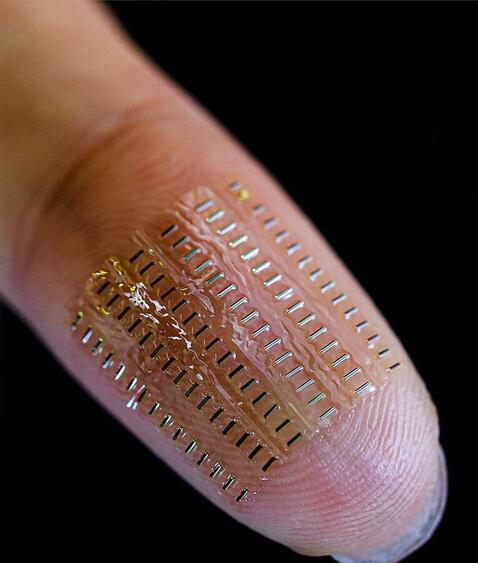The scientists behind the new device were working within the realm of nano-supercapacitors (nBSC), which are conventional capacitors but scaled down to the sub-millimeter scale. Developing these types of devices is tricky enough, but the researchers sought to make one that could work safely in the human body to power tiny sensors and implants, which requires swapping out problematic materials and corrosive electrolytes for ones that are biocompatible.
These devices are known as biosupercapacitors and the smallest ones developed to date is larger than 3 mm3, but the scientists have made a huge leap forward in terms of how tiny biosupercapacitors can be. The construction starts with a stack of polymeric layers that are sandwiched together with a light-sensitive photo-resist material that acts as the current collector, a separator membrane, and electrodes made from an electrically conductive biocompatible polymer called PEDOT: PSS.
